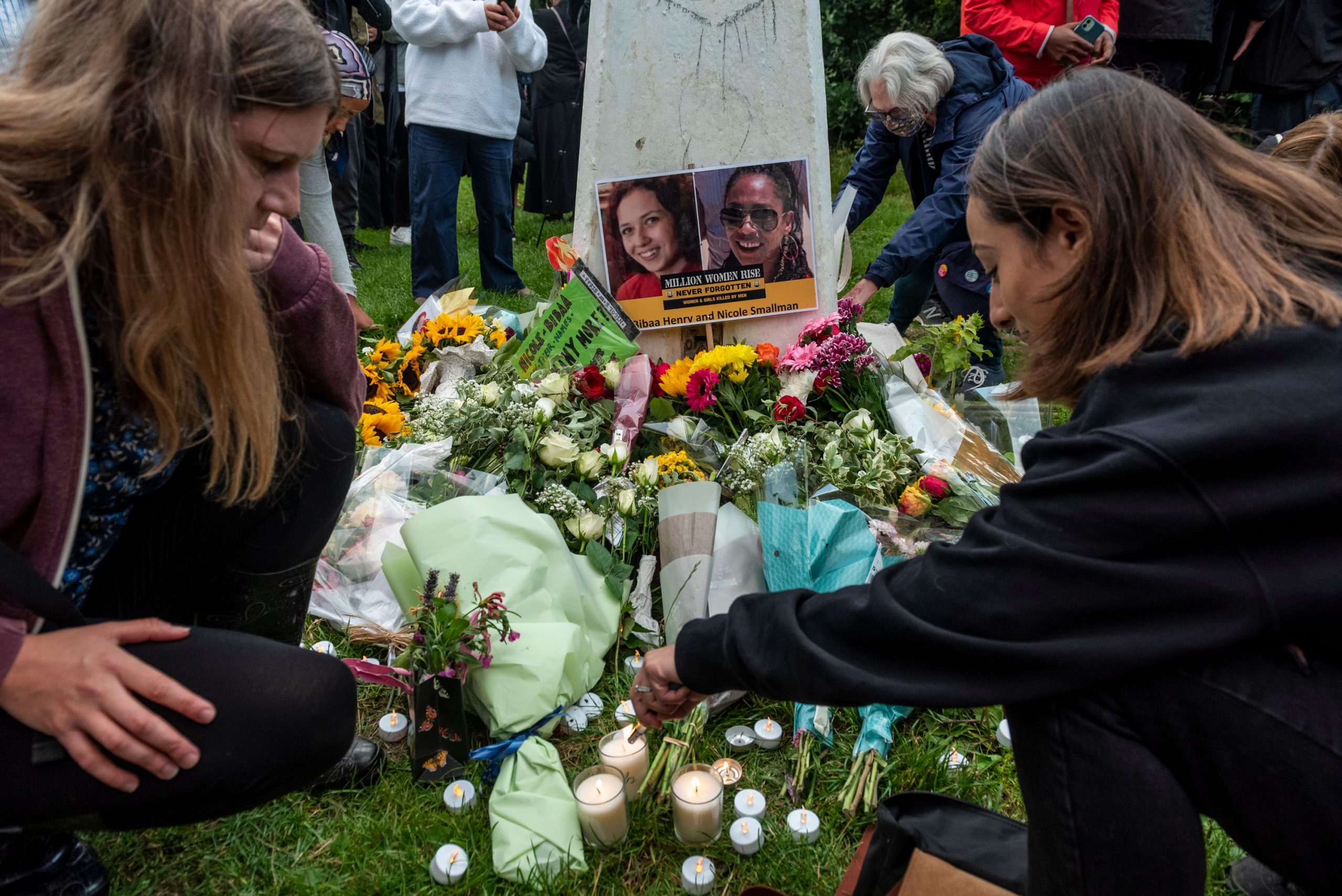Sarah Everard, Sabina Nessa, Wenjing Xu… These are only some of the many women who have lost their lives to femicide this year.
Earlier this month, dozens of campaigners came together to protest against violence towards women in Nonsuch park, Epsom. Protestors from all ages and backgrounds joined in alliance with placards stating the many names of women who have been killed by men in 2021 alone.
The protest was set up by War on Women, a group closely associated with London’s Reclaim These Streets, a social movement which peaked after the murder of Sarah Everard in March.
The group’s manifesto states that they are committed to the legalisation, education and opening of discourse around women’s safety, to ensure no woman must be asked to “text me when you get home.”
In an interview with the Surrey Comet, founder of War on Women, Kira Charlton, said: “A month ago today, a woman was attacked in this park. But she was not the first and if something does not change she will not be the last. When three women die a week at the hands of a man it is a war on women.”
As Kingston students return once again for a new post-pandemic academic year, Everard seems to be topic of every discussion.
The thing that makes her case unique is the realisation that it could have been anyone that night. A student from Kingston, who has asked to remain anonymous, said: “Kingston is quite safe, to be fair. But what happened to Sarah was only an hour away from here and you wouldn’t expect anything to happen in that area too so it kind of makes you think, this could really happen to me too.”
In a time where the world is fighting against a pandemic, the spread of sexual assault seems to be a silent killer within our community.
Another student who also wished to remain anonymous said: “It does happen way more than we see and due to my own personal experience and friends’ experiences, I know that it is an issue that is not spoken about. I don’t think everyone wants to be scared, we just want to be cautious, but that cautiousness brings fear.”
KU students are speaking up and demanding more support for young women who travel in and around campus. Now more than ever, there is a national urgency for universities to start tackling the rape culture that has lasted decades, with campaigners demanding more safety measures be put in place once and for all.
Nicola Dandridge, chief executive of the Office for Students told The Guardian: “Over the next year we will examine how universities and colleges respond to our expectations.”
We asked the University about any plans to improve safety or to expand KU bus routes but have not heard anything back.

